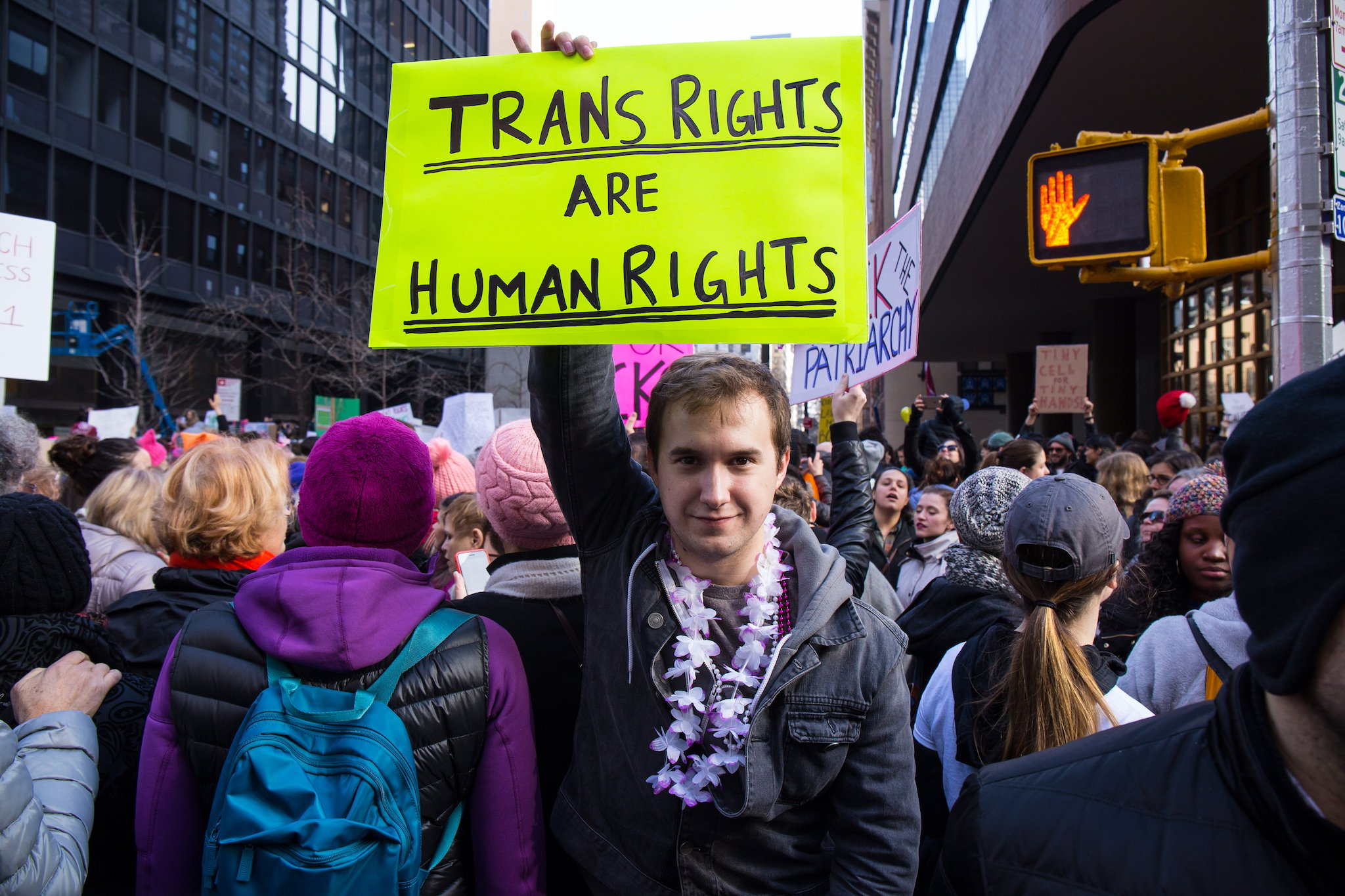
‘Only One Life’: Confronting LGBTQ Discrimination in the Workplace

Above: Rep. Mike Villarreal (D-San Antonio)
Discrimination in the workplace isn’t just wrong—it’s economically unsound, stressed Reps. Mike Villarreal (D-San Antonio) and Eric Johnson (D-Dallas) in the House Economic and Small Business Development Committee on Wednesday morning. The two representatives authored duplicate bills, HB 238 and HB 1146 to prohibit workplace discrimination against LGBTQ employees.
(Asked why there are two identical bills, Villarreal responded, “I’m not sure why Eric [Johnson] filed his own bill but I think it’s great. I would love if 150 members filed the same bill. That would be progress.”)
While there are currently several anti-discriminatory employment statutes in place in major Texas cities, including Austin, Ft. Worth, Houston, Dallas, San Antonio and El Paso, there is no uniform statewide code.
“If somebody plays by the rules, shows up, gets the job done, they should be treated just like anybody else, based on their productivity,” said Villarreal as he introduced his bill. “This [bill] would ensure that Texas can continue to attract and maintain the highest caliber workforce.”
Johnson added to Villarreal’s introduction, arguing for the economic advantage of prohibiting discrimination in the workplace and how the bill could help bring in more out-of-state corporations.
“The existance of a law like this would send the message that the Texas you may have in your mind… that we don’t care about everyone and we’re not concerned about the rights of everyone, is not true. We’re interested in protecting the rights of everyone,” he said. “This isn’t just a moral issue, but there’s also a good business reason for doing something like this.”
Johnson and Villarreal pointed out that an estimated 430,000 LGBTQ workers exist in Texas and that 21 other states plus the District of Columbia have also already enacted similar anti-discrimination policies.
Villarreal noted that, according to Equity Forum, 96.6 percent of the 2012 Fortune 500 companies have LGBTQ anti-discrimination policies in place; and the higher a company ranks on list, the more likely it is to provide these protections (Dell, which is based in Texas, is one such company).
There was one moment of emotional appeal. Retired Marine Staff Sgt. Eric Alva, of “Don’t Ask, Don’t Tell” fame, testified on behalf of the bill.
“There are no laws to protect individuals such as myself,” said Alva. “It should not matter that as diverse as I am—being gay, disabled, Latino and a veteran—I am a person of this great state. Anyone, regardless of race, color, culture, age, religion, ethnicity, sex, disability, orientation, gender identity or expression—each person deserves the same equal opportunity as each of you representing this great state, no matter who we are.”
Alva was the first American wounded in Operation Iraqi Freedom; his leg was amputated after he stepped on a landmine. He was awarded the first Purple Heart of the war and is a native of San Antonio.
“I took an oath one day at 19 years old in 1989, that I would defend this country no matter what so that everyone would have the same rights no matter who they are,” said Alva. “Last week, we saw the vicious act of hatred continue in this country and once again precious life was taken from us and hundreds of innocent lives were injured. I bring this up because I know firsthand what it is to survive an explosion.”
Alva continued. “For me, life is a gift. I almost lost mine. And I guess the reason I bring up last week’s news is because we only get this one life, and every person across this state that I call home deserves to be treated an equal and given a chance for fair employment.”
Although Villarreal is uncertain whether the bill will even get a vote in committee, he says the Legislature has made some progress on the issue.
“There was once a time when I couldn’t get a hearing on my bill,” Villarreal said. So we’ve come a long way. And that’s a reflection of how our state and our nation have come a long way.”


